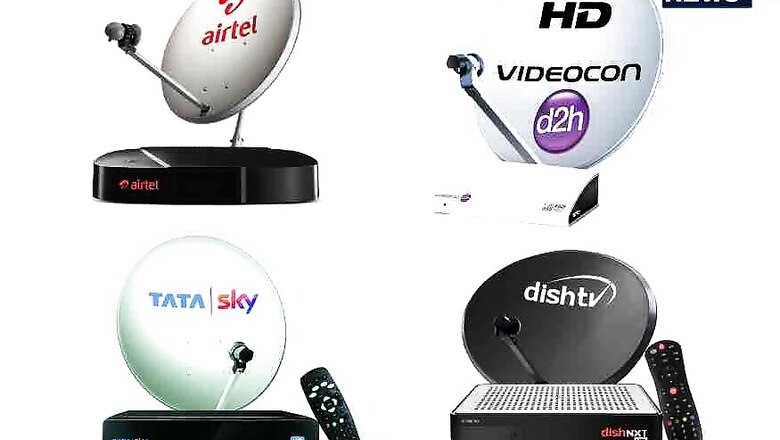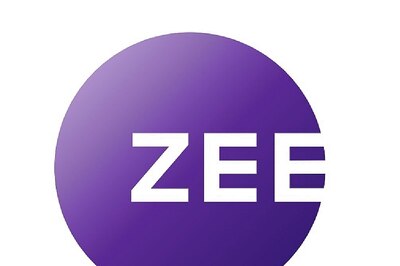
views
The cable TV and direct to home (DTH) subscriptions are likely to cost lesser from March 1. The Telecom Regulatory Authority of India (TRAI) has finalized the second amendment of the new tariff order which became applicable early last year. Broadcasters are supposed to publish the revised prices of the ala-carte channels and bouquets by January 15 and the Distribution Platform Operators (DPO) are expected to publish these new tariffs by January 30. Consumers who have cable TV subscriptions or have an active DTH connection from Tata Sky, Airtel Digital TV, Dish tv, d2h or Sun Direct will benefit from the new subscription prices from March. There are four major guidelines that you should look out for.
The biggest change is the reduction of the network capacity fee (NCF) charge that is levied on each subscription, for every pre-defined bundle of channels. According to the new rules, the NCF charges for 200 channels can now be a maximum of Rs 130 plus taxes per month. Earlier, it was Rs 130 plus taxes per month for 100 channels. You will continue to pay Rs 25 for every bundle of 20 additional channels you add to your subscription. Also, the new guidelines clarify that the channels mandated by the Ministry of Information and Broadcasting, which include the Doordarshan channels, will not be counted towards the channel count for NCF charges.
Interestingly, all DPOs have been mandated to give not charge more than Rs 160 per month as the subscription fee for providing all channels on their platform. This could actually become quite interesting to see how cable TV and DTH operators reconfigure their curated bouquets to meet this guideline.
TRAI also has finally clarified what the NCF charges for secondary TV connections must be. “TRAI has decided that in case of multi-TV home where more than one TV connection is working in a home in the name of one person, will charge maximum 40 per cent of declared NCF for second and additional TV connections,” say the new guidelines. Till now, if you had more than one active TV subscription at home, the NCF charges for all were roughly the same—unless your Cable TV or DTH company offered a discount.
The second amendment of the new tariff order also reintroduces the option of offering discounts for long term subscriptions, which in this case is defined as six months or more. DTH and Cable TV companies will now be able to offer discounted prices for long duration packs. In the new tariff order last year, TRAI had significantly curtailed the ability of the Cable TV and DTH companies to offer discounts on subscriptions, irrespective of duration of package. That resulted in a lot of DTH companies offering some extra viewing period if you subscribed to a long duration pack, but no discounts.
TRAI has also reemphasized that the pricing of ala-carte channels has to be in accordance with their pricing in a bouquet. “The sum of the a-la-carte rates of the pay channels (MRP)forming part of a bouquet shall in no case exceed one and half times the rate of the bouquet of which such pay channels are a part,” say the new guidelines. Interestingly, TRAI also says that only channels that have an ala-carte price of Rs 12 or less will be a part of a bouquet offered by broadcasters—this could mean some serious price revisions for individual channels.




















Comments
0 comment